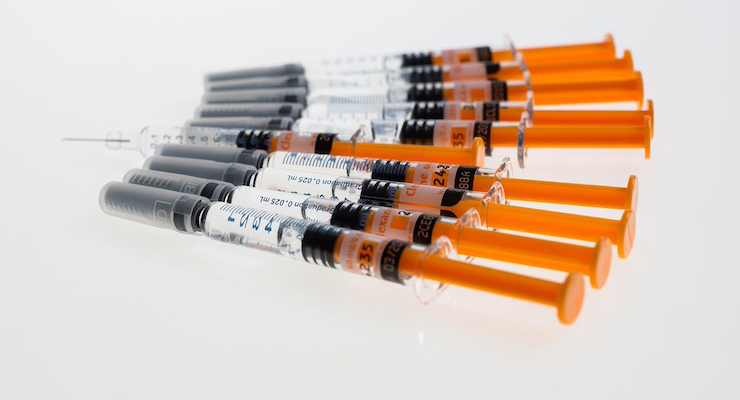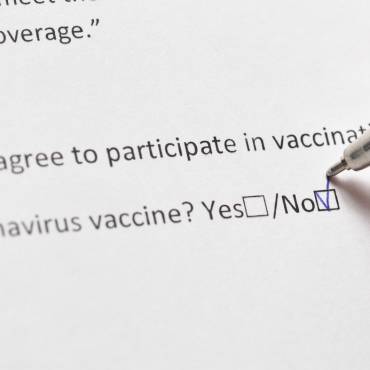PUBLIC health experts have called for an independent body to actively monitor drug safety after it emerged that young children were more likely to end up in hospital because of side-effects from a leading flu vaccine than they were from the illness itself.
The analysis contradicts government safety advice that the harm did not outweigh the risk and raises concerns about the Therapeutic Goods Administration’s assessment of the vaccine.
More than 1000 adverse responses in children under five were reported to the TGA by June this year, including nearly 100 febrile convulsions, a seizure that in a small number of cases has been associated with long-term adverse health outcomes.
The side effects were linked to one of the three seasonal flu vaccines, Fluvax and Fluvax junior, from drug company CSL, but the TGA maintained despite that ‘‘the overall risk-benefit balance of both products remains positive’’.
The Commonwealth chief medical officer, Professor Jim Bishop, claims the advice was intended to indicate the drug should not be withdrawn from the market, but said the government would reassess it in light of the research.
But research published yesterday in the journal Eurosurveillance showed Fluvax may have caused two to three hospital admissions due to seizure for every admission from flu it prevented.
The chief executive of the Public Health Association of Australia, Michael Moore, said further examination of risks at arm’s length from the TGA was needed. The government should consider creating an independent centre.
‘‘There is a concern … that the TGA is the body that approves vaccines and is also the body that determines what the risks and benefits are when concerns are raised,’’ he said.
Professor Peter Collignon, an infectious diseases expert at the Australian National University, said the vaccination program in under-fives did more harm than good. ‘‘The TGA made that decision [about risk-benefit] without any evidence to back it up,’’ he said.
He questioned its independence and transparency, as some advisers to the organisation have worked with drug companies. Professor Bishop said the risk-benefit claim indicated the drug should not be withdrawn.
The TGA had at the same time recommended other vaccines besides Fluvax be used in the under-fives, he said.
He defended the TGA’s independence: ‘‘There is no evidence the TGA is obligated to drug companies and they have a number of ways to make sure their advice is independent,’’ he said.
‘‘I feel comfortable about our investigation (of the vaccine, but) the fact of the matter is there is now new information available and the regulator will take that into account.’’
Heath Kelly, the study leader and honorary Associate Professor at the University of Melbourne, said the government should actively check for vaccine side-effects, not wait for reports.
There should also be a national insurance scheme to compensate people if they experienced a bad reaction.
‘‘On very rare occasions, things can go wrong in vaccination programs,’’ he said.
‘‘The community that recommended and promoted vaccination [should] provide support for any child who suffers serious adverse consequences.’’
A spokeswoman for CSL said: ‘‘Extensive investigations are ongoing with international collaborators’’.
CSL supported the continuation of the recommendation that Fluvax not be used in under-fives until they could be confident of preventing future problems.
Source: theage.com.au, 18th September 2010.


